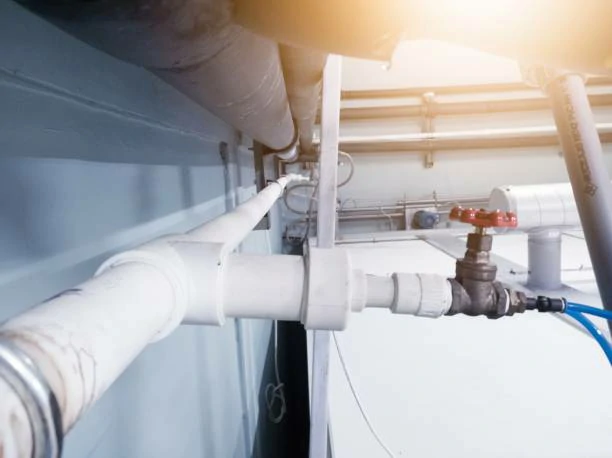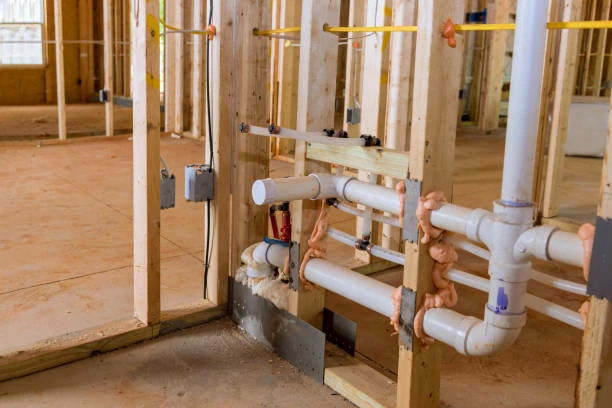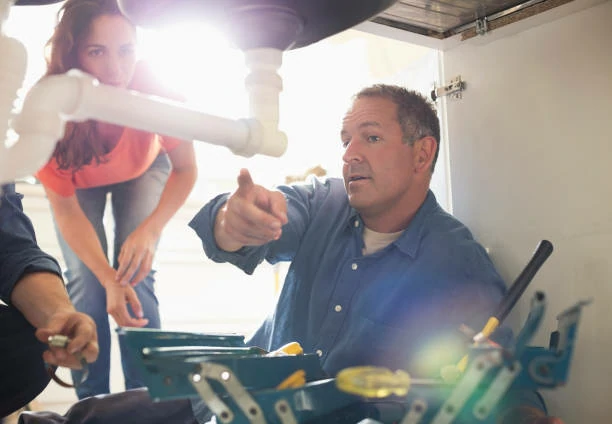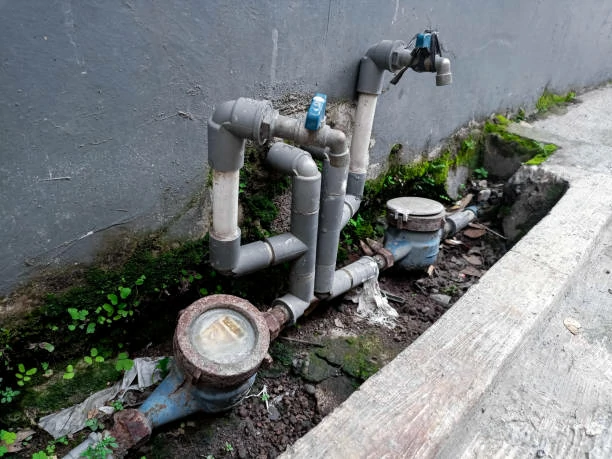Brass ball valves are renowned for their versatility and reliability in fluid control systems. One critical aspect influencing their performance is the choice of materials. Let’s explore the various materials used in brass ball valves and their unique characteristics.
1. Brass: A Time-Tested Choice
Corrosion Resistance:
Brass, primarily composed of copper and zinc, offers excellent resistance to corrosion, making it suitable for a wide range of applications, including plumbing, HVAC, and industrial processes.
Durability:
With its inherent strength and toughness, brass ensures the longevity and durability of ball valves, even in demanding environments.
Machinability:
Brass is highly machinable, allowing for intricate ball valves designs and precise manufacturing processes to achieve optimal performance.
2. Copper-Nickel Alloys: Enhanced Performance
Superior Corrosion Resistance:
Copper-nickel alloys, such as Cu-Ni 90/10 and Cu-Ni 70/30, exhibit exceptional resistance to corrosion in seawater and other aggressive environments, making them ideal for marine and offshore applications.
Low Magnetic Permeability:
These alloys possess low magnetic permeability, reducing the risk of interference with sensitive equipment in industries such as electronics and telecommunications.
Thermal Stability:
Copper-nickel alloys maintain their mechanical properties over a wide temperature range, ensuring reliable performance in both hot and cold fluid systems.
3. Stainless Steel: Robust and Versatile
High Strength:
Stainless steel ball valves offer high tensile strength and resistance to wear and abrasion, making them suitable for applications requiring robust performance under challenging conditions.
Chemical Compatibility:
With its inert nature, stainless steel is compatible with a broad range of chemicals, making stainless steel ball valves ideal for industries such as chemical processing and pharmaceuticals.
Hygienic Properties:
Stainless steel is non-porous and easy to clean, making it suitable for applications where hygiene is paramount, such as food and beverage processing and sanitary systems.
Conclusion
Material selection is crucial for brass ball valves performance. Brass offers corrosion resistance and machinability, copper-nickel alloys provide enhanced performance, while stainless steel ensures robustness and chemical compatibility. Understanding these properties helps users choose the right valves for efficient fluid control systems.
Contact
IFANPLUS is a specialized product series launched by IFAN, primarily covering plastic pipes, fittings, and various types of valves. We offer PPR and PVC pipes in German and American standards, ensuring the high quality and reliability of our products. IFANPLUS valve products include a variety of valves, from PPR valves to other diverse copper valves, catering to your specific requirements. Whatever product you need, IFANPLUS will be your reliable partner. Here is our contact information.
We will reply your email or fax within 24 hours.
You can call us at any time if there is any question on our production.
For more information,pls visit our webside https://www.ifanplus.com/
Pls Mailto: [email protected]






